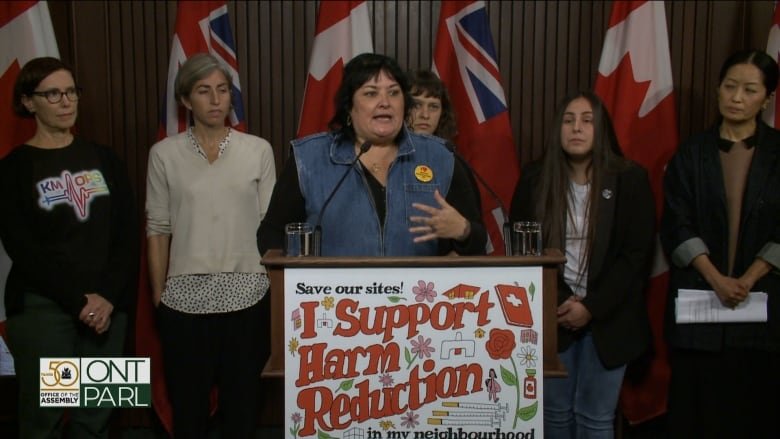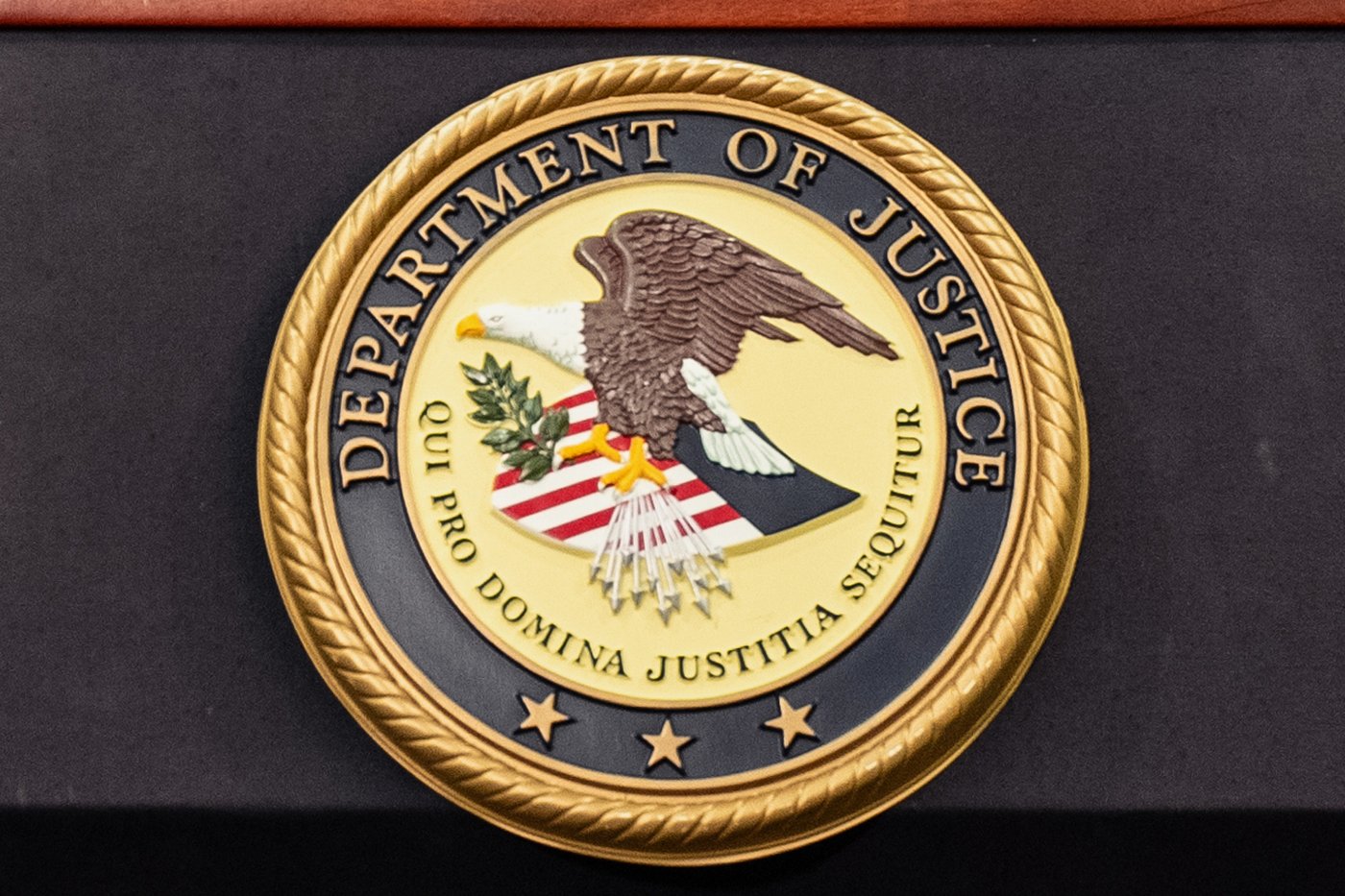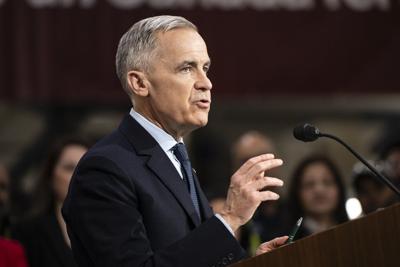Photo credit: CBC
Ontario tabled a bill Monday that would ban 10 supervised consumption sites that the government deems too close to schools and daycares.
CBC reports that if the bill is passed by Premier Doug Ford’s majority Progressive Conservative government, municipalities would still need the health minister’s approval to apply for an exemption from the federal government to launch new supervised consumption sites.
However, Health Minister Sylvia Jones has said there is no situation in which she would approve a new one anywhere in the province. She said, “I want to be very clear, there will be no further safe injection sites in the province of Ontario.
Previously, municipalities could apply directly to the federal government for consumption site approval without informing the province.
Ontario is going away from harm reduction to an abstinence-based model, and it intends to launch 19 new “homelessness and addiction to recovery hubs,” plus 375 highly supportive housing units at a planned cost of $378 million.
They should be operational by the end of March when the 10 supervised consumption sites will close. Jones said the operation of those sites will not be extended even if the new hubs are not ready.
The government deadline to apply for one of the newly minted homeless hubs passed in mid-October and Jones said officials are now evaluating the application.
The province will make operating a consumption site within 200 metres of a school or daycare illegal. The province funds 17 consumption and treatment services sites across Ontario. Seven are allowed to remain open, but one site in downtown Toronto is likely to close this spring as the lease on its space expires and the building will be redeveloped.
Healthcare workers, advocates and homeless people have all said consumption site closures would lead to more deaths. In August, Jones disagreed, saying no one would die due to the closures.
On Monday, at Queen’s Park, harm reduction advocates again voiced their anger over the pending closures.
“We will see an overrepresentation of Indigenous people paying the price,” said Mskwaasin Agnew, a member of Toronto Indigenous Harm Reduction.
He continued, “Harm reduction is sacred, and it is an integral part of the health and well-being of many Indigenous people’s lives. We remind this government of the promises made to First Nations people of this country. I demand that you follow through with your responsibilities.”







